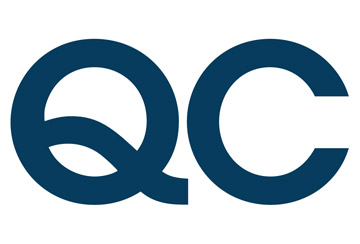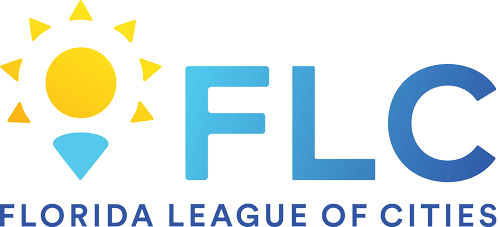Small communities often are unable to offer the same level of resources and incentives as larger cities, which makes it difficult for them to compete. By identifying existing assets and resources that make an area unique, tourism can become a main instrument for regional development. Consider:
- There is a low startup cost. A small festival or special event can be launched for less than $1,000.
- Sometimes there is no need to develop additional infrastructure.
- Tourism supports local jobs.
- Tourism dollars are considered “new” money. Purchases may include gas, food (restaurants and convenience stores), retail (clothing, recreation supplies, keepsakes and souvenirs) and amusement (golf greens fees, boat launch fees, museum/attraction admissions, movie theaters, bowling alleys and skating rinks).
- Tourism provides “burden-free” additional tax revenue. Someone comes to town, spends their money and departs, leaving behind their money and a positive economic impact on the community.
- Tourism is more than a money generator. It can serve as a unifying project to help develop community spirit. Museums, special/events, re-enactments and historic trails can help continue your local heritage. Tourism can also help create a town identity.
I WANT A PROJECT, BUT WHERE DO I BEGIN?
Put the initial plan on paper. The next step is establishing a purpose for the project. Keep two things in mind: one, what are we trying to do, and two, how will we know when we have done it?
Develop obtainable goals to work toward. Usually, having no more than 10 goals keeps the project manageable.
Each goal will have an action plan. Components include a well-defined description of the goal, tasks that need to be carried out, individuals or teams who will carry out each task, a deadline for each task, resources needed and measures to evaluate progress.
Match each team member’s abilities to your action plan.
IT ONLY TAKES A SPARK
Which comes first, the purpose or the idea? If you already have in mind a “need” to fulfill, then your purpose comes before the idea. For example, if you want to create a tourism project to help improve the reading skills of your youth, then your tourism project idea may be hosting a storytelling festival or conducting an annual book sale by writers from your state or offering a book reading contest for students at a public fair. A local museum needing funds is another example.
The idea for the tourism Project may be to create a Founders Day-type festival with activities centered around that time period, such as a best beard contest, apple bobbing, tether ball tournament or offering public seminars on old-time skills such as canning, quilting, blacksmithing, etc.
If you don’t have a particular need, then the purpose is to help stimulate the economy. List your assets and negatives. If you have nice roads and architecture, consider a driving tour, walking tour or a bike trail. Or, if there is a good recreational lake or river, but you don’t have a lot of people who could volunteer for a fishing tournament, consider creating a canoe trail with designated entries and exits.
CONSIDER CULTURAL HERITAGE TOURISM
Cultural heritage tourism is a way for travelers to experience the charm of a local community and its traditions, folklore, spaces and values. Popular activities include visiting historic sites, attending historical re‐enactments, visiting art museums/galleries, attending an arts and crafts fair or festival, attending a professional dance performance, visiting state or national parks and exploring urban neighborhoods.
Does your town have any traditions that locals enjoy? You also can visit the local archives and learn about the town’s history.
Look at other communities and their successes. Innovative ideas often arise from others and may be as simple as tweaking certain aspects.
By Tami Reist
Tami Reist is the President and CEO of the Alabama Mountain Lakes Tourist Association. This article is excerpted from and reprinted with permission of the Alabama League of Municipalities.

